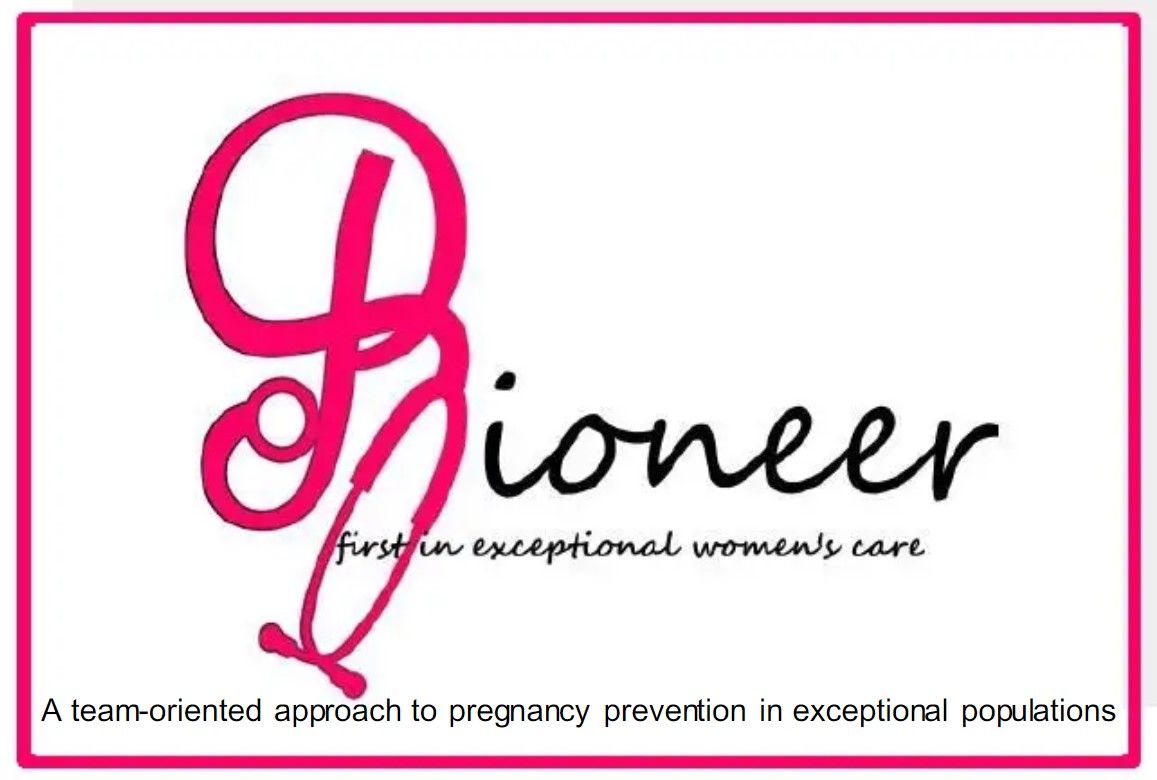PROJECT TEASE
It's all about sex.
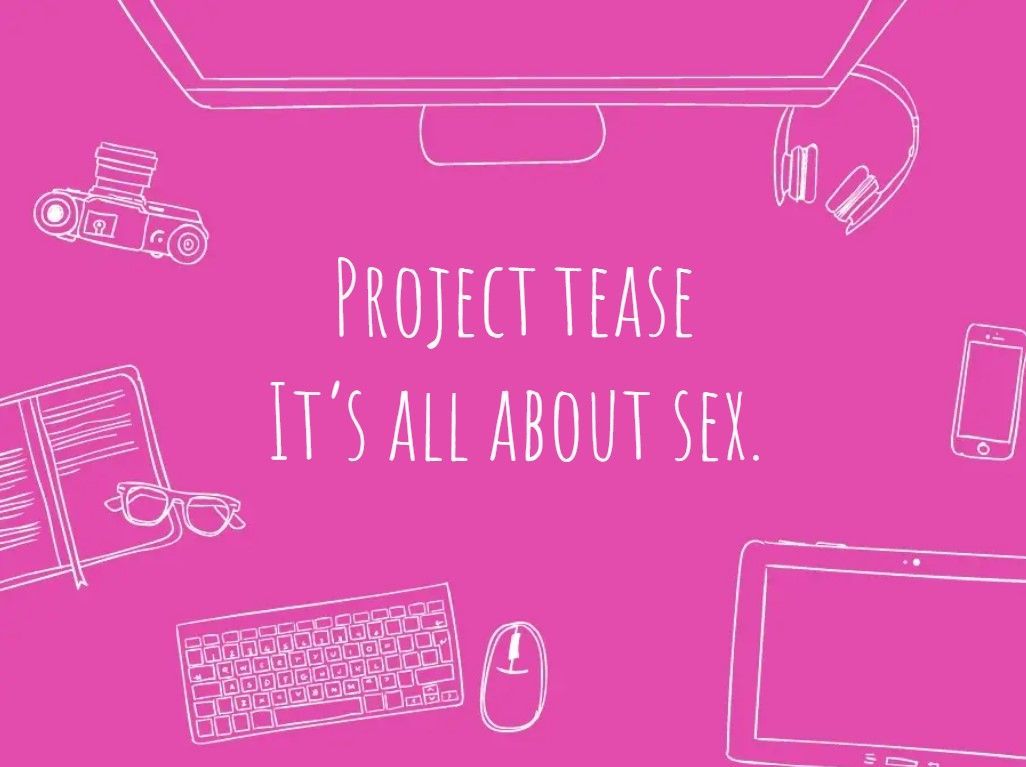
Slide title
Button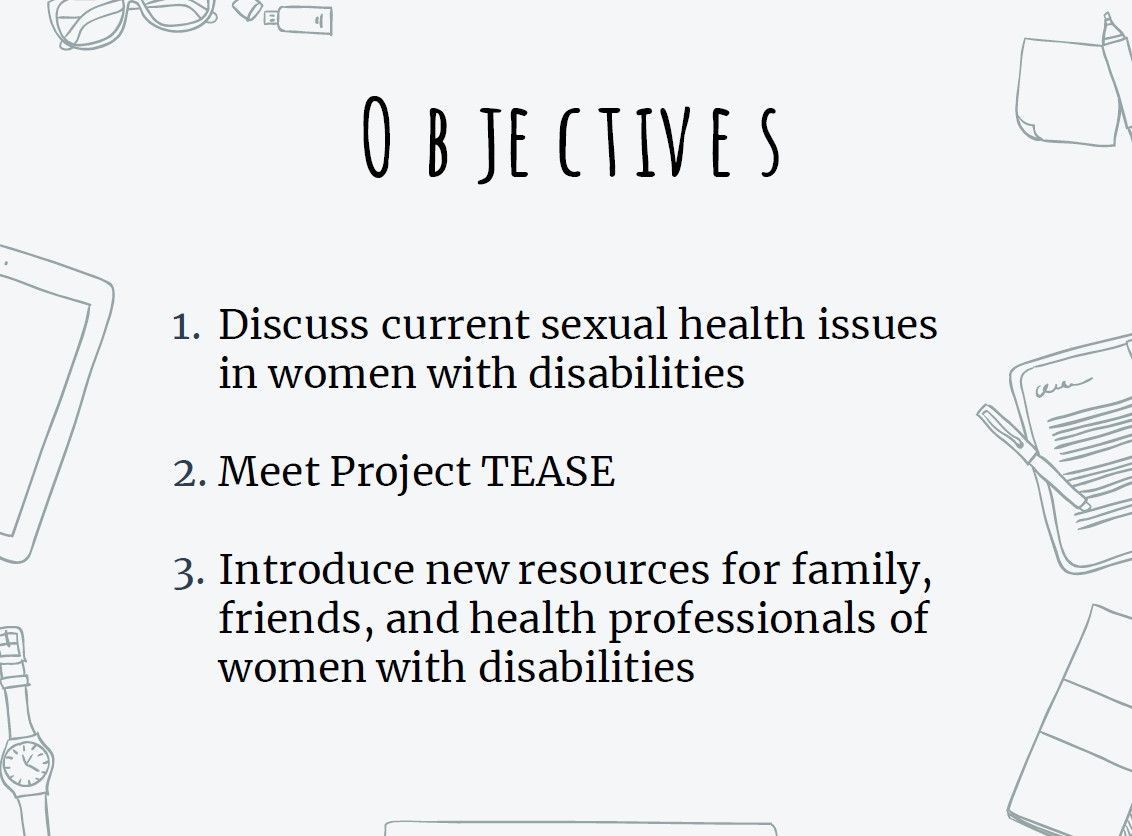
Slide title
Button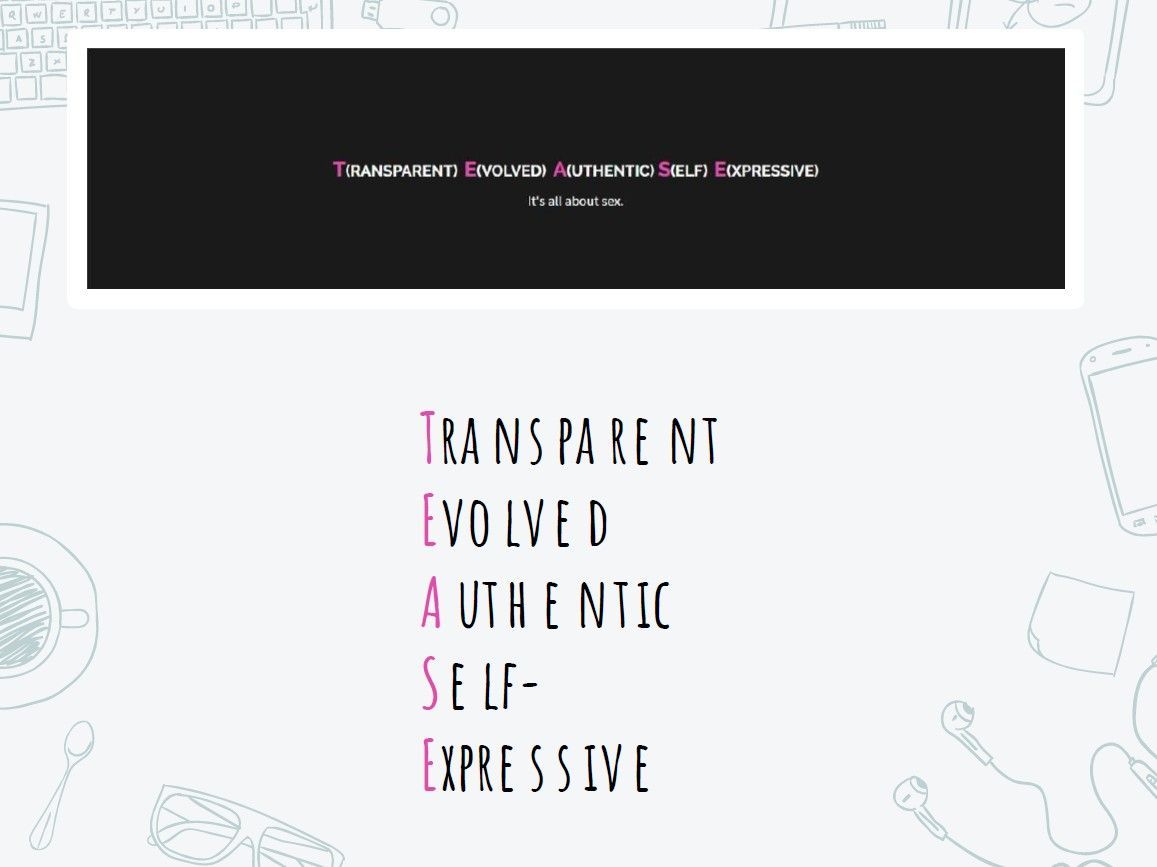
Slide title
Button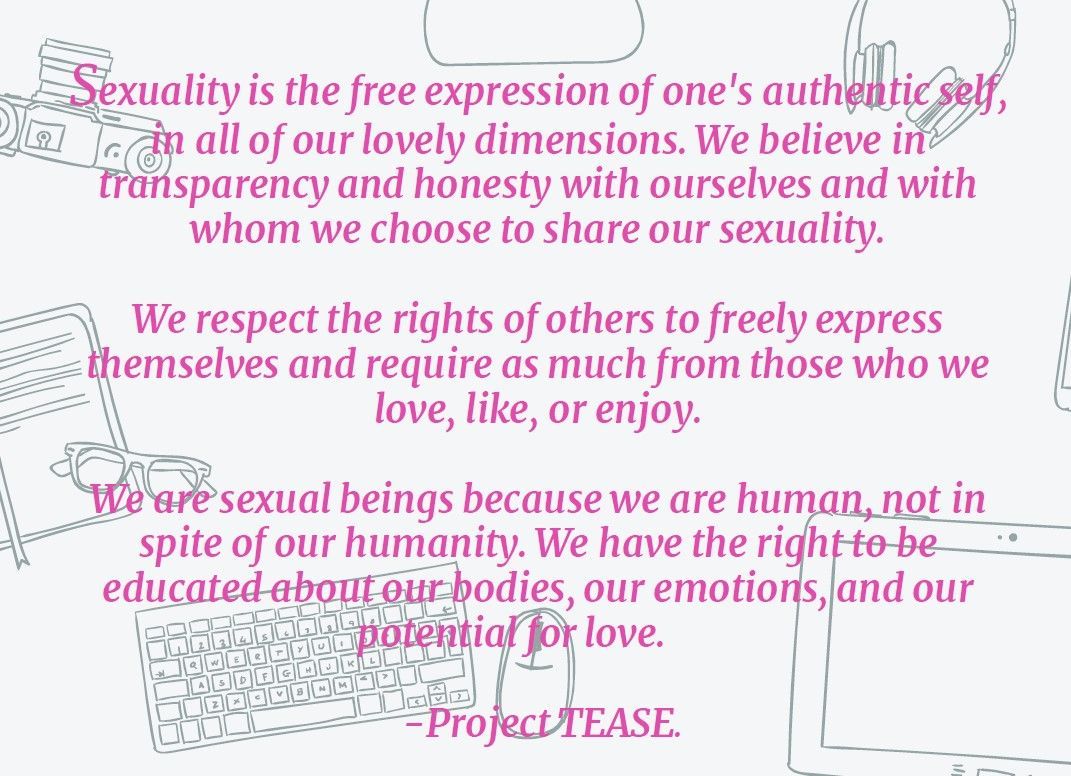
Slide title
Button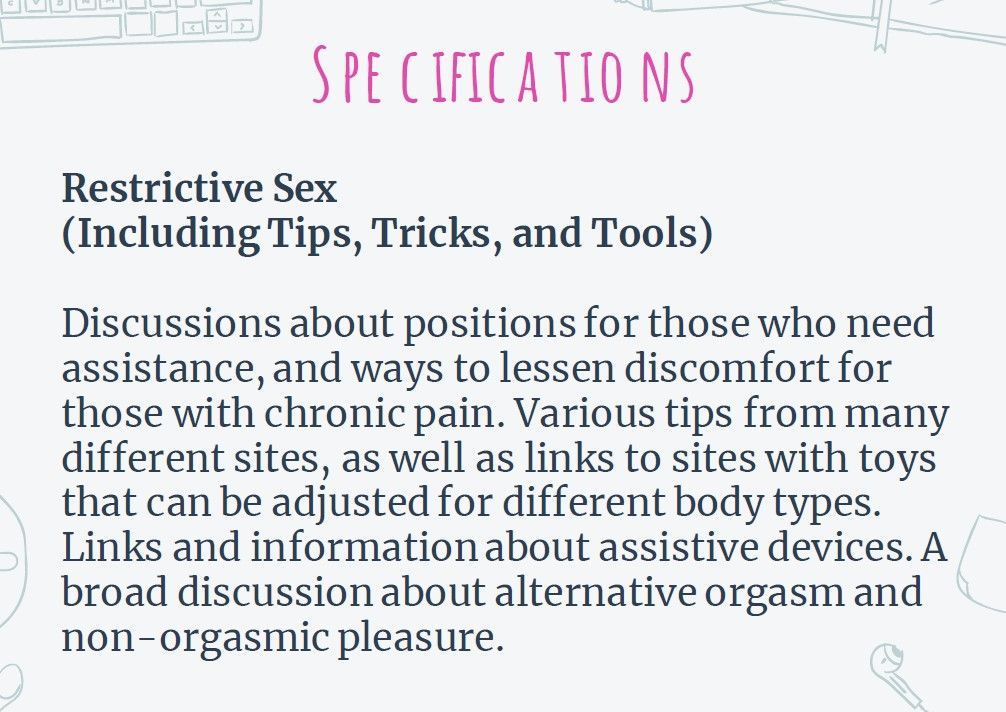
Slide title
Button
Project TEASE
Women with disabilities have significantly diminished knowledge in areas of sexuality, such as sexually transmitted infections, pregnancy, and contraception. This can be attributed, in part, to the lack of appropriately tailored sex education for girls and women with disabilities, but also to increased rates of victimization, isolation due to lack of mobility, and lessened access to sexual services. Current sex education curriculum uses a predominately heteronormative, orgasmacentric view of sexuality, which does not fit an atypical body in an exceptional population. The World Health Organization recently advocated the creation of a disability component to be added to sexual health policies in programs to decrease the likelihood for poor health, comorbid conditions, premature death, and the spread of communicable diseases. Project TEASE is a website designed to empower and enable women with disabilities to create a transparent, evolved, authentic, self-expressive sexual identity.

